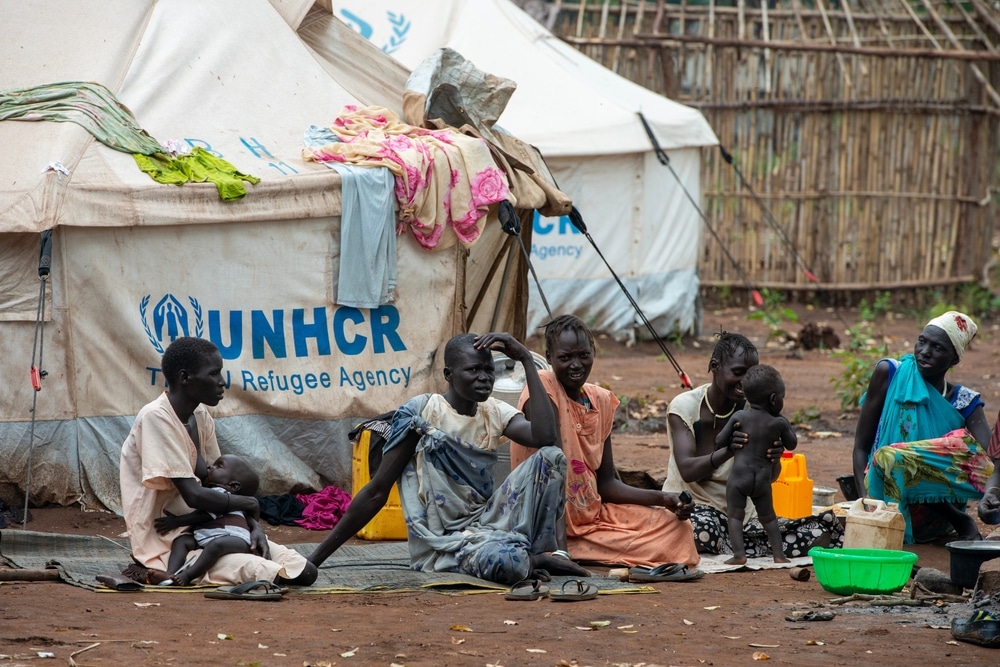Sudan has been engulfed in a brutal civil war for over a year, following escalating tensions between the military, led by General Abdel-Fattah Burhan, and the Rapid Support Forces (RSF), commanded by General Mohammed Hamdan Dagalo. The conflict began with street clashes in Khartoum in mid-April 2023 and has since spread nationwide, causing widespread destruction and suffering.
The war has significantly disrupted food production and distribution networks, leading to dire warnings from humanitarian groups about the risk of mass starvation. Justin Brady, head of the U.N. humanitarian coordination office for Sudan, highlighted the urgent need for international intervention to prevent potential deaths from malnutrition-related causes in the coming months. The U.N.’s humanitarian effort for Sudan requires $2.7 billion to assist 24 million people, nearly half of the country’s population, yet has received only about 5% of this funding.
Amidst the violence, there have been numerous reports of atrocities, including killings, displacement, and sexual violence, particularly in Khartoum and Darfur. The RSF has been particularly active in Darfur, leading to significant ethnic violence and further destabilization of the region. The International Criminal Court is investigating new allegations of war crimes in Darfur, a region already scarred by genocidal conflicts in the early 2000s.
The conflict has created the world’s largest displacement crisis, with over 8 million people fleeing their homes. Many have sought refuge in safer areas within Sudan or neighboring countries, with a significant number of refugees facing severe medical and nutritional challenges in camps across the border in Chad.
The dire situation is compounded by the collapse of the healthcare system within Sudan, where only 20-30% of health facilities remain functional. The U.N. reports that 37% of the Sudanese population is at a crisis level of hunger or worse, and organizations like Save the Children warn that around 230,000 children, pregnant women, and nursing mothers are at risk of dying from malnutrition in the near future.
International response has been tepid, with the global community giving little attention to the crisis. Humanitarian workers and organizations stress the need for immediate action to address the escalating humanitarian needs and prevent a large-scale tragedy in Sudan.
Expanded Coverage:






